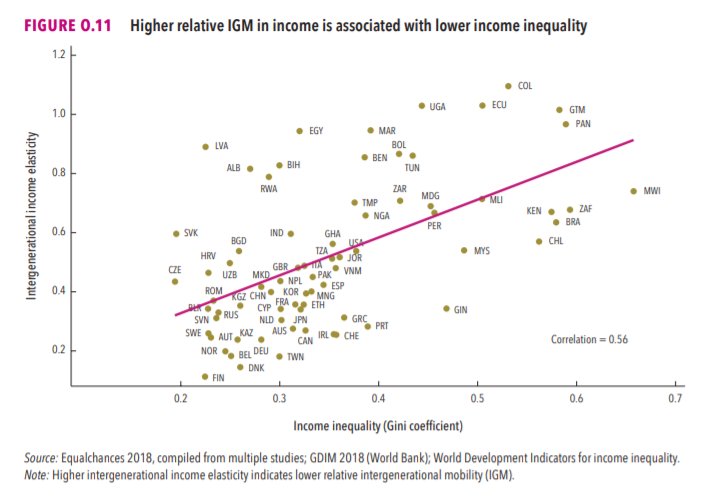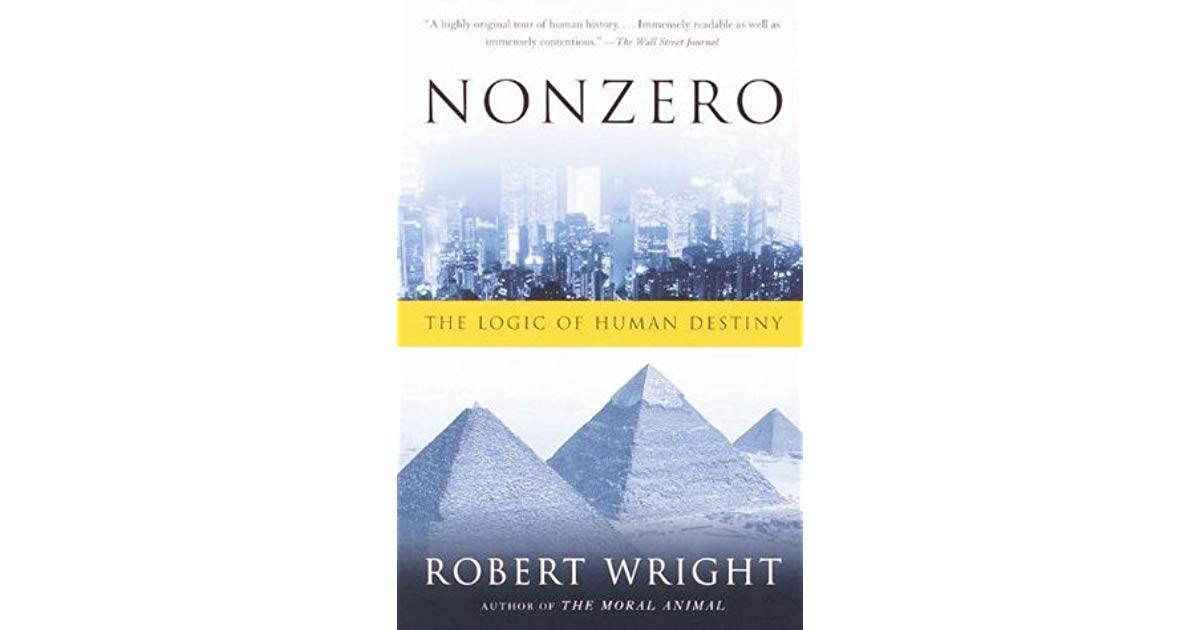https://t.co/vM2jjA7VZD
The Govt, the Opposition, and the real Opposition. Some thoughts on Govt, Labour and the ERG/CRG.
Thread. 1/16
https://t.co/vM2jjA7VZD
We have not secured an easy trade deal with the UK and are facing a very hard Brexit, deal or no deal.
Both deaths and the economic damage from the virus are world-beating. 3/
See thread on Brexit https://t.co/5dPxYdfPEr 15/
Lots of talk again today about @UKLabour's positioning on Brexit.
— Phil Syrpis (@syrpis) November 24, 2020
I don't think that finding the right path as complicated as many seem to believe. Thread. 1/19 (sorry it is so long!)
More from Government
CONFLICT ENTREPRENEURS; beware of them ... pic.twitter.com/3vUvz5oHL1
— Abdul-aziz Mu'azu (@mabziz) February 11, 2018
2. I do have a professional grouse against him. I feel he is not alive to his duties. I feel that he is also not empowering his Director of Public Prosecutions or his Solicitor General. There is clearly a lot that befuddles me and this is because I am a seasoned lawyer and can't/
3. understand why law is not being used as the instrument it was designed for-to enforce law and order. Let us take the case of Nnamdi Kanu-this man was arraigned in Nigeria on a charge of treason/treasonable felony-he was on bail & he jumped bail. Why has he not been extradited?
4. Is it that Kanu is somehow bigger than Nigeria? What has happened to his surety who failed to produce him? Who is prosecuting him? Our Federal Ministry of Justice? Should Malami not explain to Nigeria why Nnamdi Kanu is still taunting Nigeria daily & still actively destroying/
5. our unity everyday. He is putting the lives of many people at risk and stoking ethnic dissent easily. The Fulani herdsmen dilemma, the burning of Lagos State and his coordination of same on phone-in radio channels, his videos are all stoking a Yoruba/Igbo carnage. Same with/
You May Also Like
This New York Times feature shows China with a Gini Index of less than 30, which would make it more equal than Canada, France, or the Netherlands. https://t.co/g3Sv6DZTDE
That's weird. Income inequality in China is legendary.
Let's check this number.
2/The New York Times cites the World Bank's recent report, "Fair Progress? Economic Mobility across Generations Around the World".
The report is available here:
3/The World Bank report has a graph in which it appears to show the same value for China's Gini - under 0.3.
The graph cites the World Development Indicators as its source for the income inequality data.

4/The World Development Indicators are available at the World Bank's website.
Here's the Gini index: https://t.co/MvylQzpX6A
It looks as if the latest estimate for China's Gini is 42.2.
That estimate is from 2012.
5/A Gini of 42.2 would put China in the same neighborhood as the U.S., whose Gini was estimated at 41 in 2013.
I can't find the <30 number anywhere. The only other estimate in the tables for China is from 2008, when it was estimated at 42.8.
Like company moats, your personal moat should be a competitive advantage that is not only durable—it should also compound over time.
Characteristics of a personal moat below:
I'm increasingly interested in the idea of "personal moats" in the context of careers.
— Erik Torenberg (@eriktorenberg) November 22, 2018
Moats should be:
- Hard to learn and hard to do (but perhaps easier for you)
- Skills that are rare and valuable
- Legible
- Compounding over time
- Unique to your own talents & interests https://t.co/bB3k1YcH5b
2/ Like a company moat, you want to build career capital while you sleep.
As Andrew Chen noted:
People talk about \u201cpassive income\u201d a lot but not about \u201cpassive social capital\u201d or \u201cpassive networking\u201d or \u201cpassive knowledge gaining\u201d but that\u2019s what you can architect if you have a thing and it grows over time without intensive constant effort to sustain it
— Andrew Chen (@andrewchen) November 22, 2018
3/ You don’t want to build a competitive advantage that is fleeting or that will get commoditized
Things that might get commoditized over time (some longer than
Things that look like moats but likely aren\u2019t or may fade:
— Erik Torenberg (@eriktorenberg) November 22, 2018
- Proprietary networks
- Being something other than one of the best at any tournament style-game
- Many "awards"
- Twitter followers or general reach without "respect"
- Anything that depends on information asymmetry https://t.co/abjxesVIh9
4/ Before the arrival of recorded music, what used to be scarce was the actual music itself — required an in-person artist.
After recorded music, the music itself became abundant and what became scarce was curation, distribution, and self space.
5/ Similarly, in careers, what used to be (more) scarce were things like ideas, money, and exclusive relationships.
In the internet economy, what has become scarce are things like specific knowledge, rare & valuable skills, and great reputations.





















